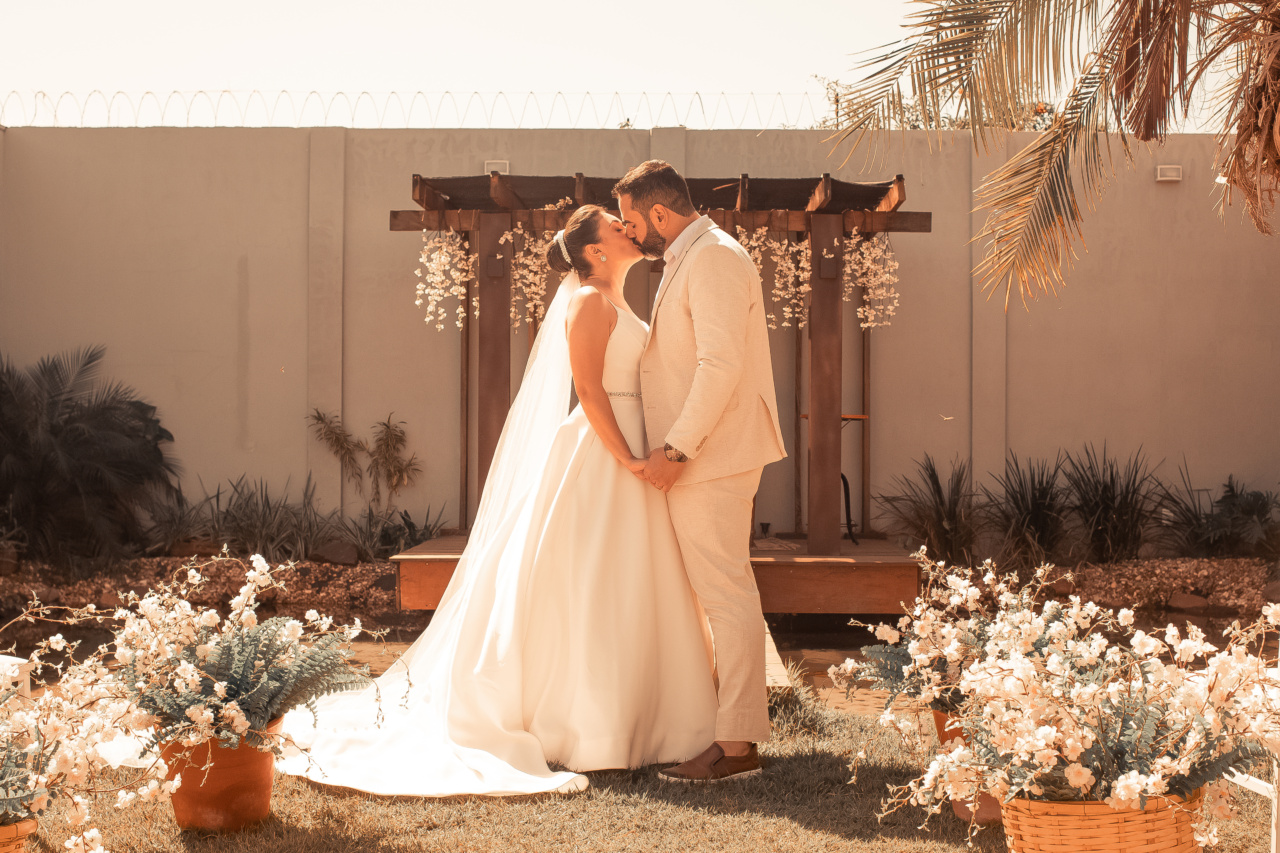Marriage is an intimate union between two individuals that is recognized by society and often involves legal and religious obligations.
It is a commitment that is intended to last a lifetime, but as with any human endeavor, marriages can face challenges and evolve over time. One area of interest for researchers and psychologists is understanding the correlation between the duration of a marriage and the level of happiness experienced by the couple.
Does a longer marriage necessarily equate to a happier one? Let’s delve deeper into this topic.
Factors affecting marital happiness
Marital satisfaction and happiness can be influenced by various factors. Some of the key factors that researchers often consider in studying the correlation between marriage duration and happiness include:.
Communication
Effective communication is essential for a healthy relationship. Couples who can openly express their thoughts, feelings, and needs tend to experience higher levels of marital satisfaction.
Over time, couples develop better communication skills and understanding of each other’s needs, which can contribute to increased happiness in the relationship.
Conflict resolution
How couples handle conflicts and disagreements can impact their overall marital happiness.
The ability to resolve conflicts constructively, without resorting to harmful behaviors or constant arguments, can contribute to long-term satisfaction in marriage.
Shared goals and values
Couples who share common goals, values, and interests tend to have a stronger bond. Having shared aspirations and a sense of purpose can foster a sense of fulfillment and enhance marital happiness.
Intimacy and affection
A satisfying sexual relationship and ongoing emotional intimacy are important factors in marital happiness. These aspects help to foster a sense of connection and closeness between partners, contributing to overall relationship satisfaction.
Stages of marriage
Marriages go through various stages and transitions as the years pass. These stages can significantly impact the level of happiness experienced by the couple. Let’s explore some common stages of marriage:.
The honeymoon phase
During the early stages of marriage, couples often experience high levels of happiness and excitement. Known as the honeymoon phase, this period is characterized by passion, intense emotions, and a strong sense of unity.
Mid-marriage
As time goes on, couples may face new challenges and responsibilities, such as raising children, advancing careers, or managing financial matters. This stage can bring about stress and a shift in priorities, potentially affecting marital happiness.
Empty nest phase
After children leave home, couples enter a new phase in their relationship. This period can be an opportunity for reconnection and strengthening the marital bond, as couples have more time and freedom to focus on each other.
Later years
As couples approach their later years, the challenges and joys of aging together can impact marital happiness. Retiring, changes in health, and the loss of loved ones can all influence the dynamics of the relationship.
Research findings
Various studies have explored the correlation between marriage duration and happiness. While individual experiences can vary greatly, research generally suggests the following:.
The U-shaped happiness curve
Research published in the Journal of Marriage and Family found that marital happiness tends to follow a U-shaped curve over time.
The study analyzed data from thousands of couples and discovered that happiness levels are typically high during the early years of marriage, decrease during mid-marriage, and then experience an upward trend in later years.
Longevity and happiness
A study conducted by economists at the University of Warwick found that a longer marriage duration is generally associated with higher happiness levels.
The researchers discovered that the happiness boost from getting married lasts for approximately two years, and sustained happiness is more likely in couples who stay married.
Quality over quantity
While the duration of a marriage can play a role in marital happiness, it is important to note that the quality of the relationship matters more than the mere duration.
A study published in the Journal of Family Psychology found that the relationship satisfaction of married couples declined during the first four years of marriage but then stabilized. The researchers concluded that the quality of the relationship, including effective communication and conflict resolution, was a more significant predictor of marital happiness than the number of years married.
Investment in the relationship
Research has also shown that individuals who actively invest in their relationships and work on maintaining marital satisfaction experience higher levels of happiness, regardless of the duration of their marriage.
This includes engaging in activities that foster emotional connection, ongoing communication, and shared experiences.
Conclusion
While the correlation between marriage duration and happiness is complex, research indicates that there is a relationship between the two.
Couples who can effectively communicate, resolve conflicts, share common goals and values, and maintain intimacy tend to experience higher levels of marital happiness. Additionally, while there may be challenges and fluctuations in happiness over time, investing in the quality of the relationship can ultimately contribute to increased satisfaction and happiness in marriage.































